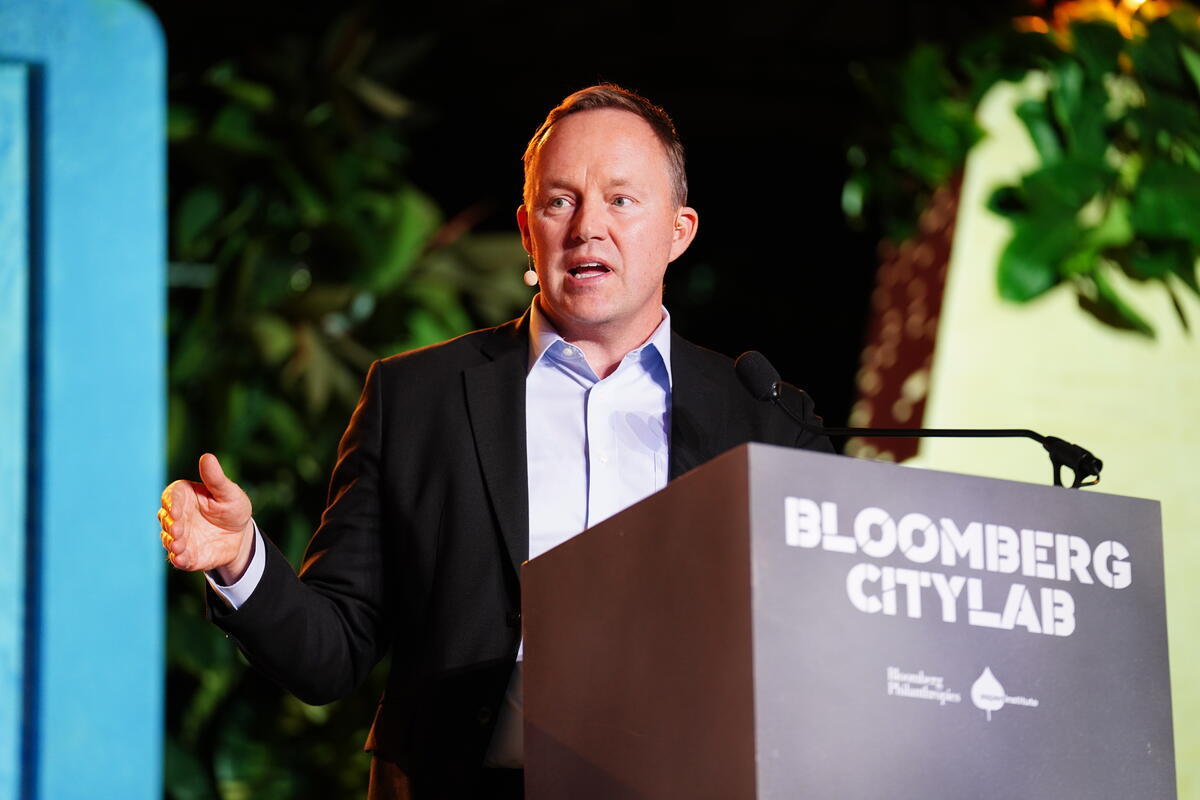
Photo: Andrey Popov | Dreamstime.com
Call for cities to pilot first digital rights framework
01 February 2022
by Sarah Wray
A call is open to find cities to pilot a new digital rights governance framework.
The initiative from the Cities Coalition for Digital Rights, UN-Habitat, UCLG and Eurocities, in partnership with Open Society Foundations, aims to help cities put the commitments, structures and tools in place to ensure new technology does not outpace citizens’ rights.
It comes as more cities adopt tools such as artificial intelligence (AI), Internet of Things (IoT), 5G and blockchain.
A statement from the partners said: “Emerging technologies affect people and communities worldwide, sometimes in unforeseen or unintended ways. The deployment of digital solutions in cities, especially in geographies where the discussion of ethics and inclusion in technology is less developed, must have transparency, accountability and community participation at the forefront…in order to ensure technology is used to improve people’s lives.”
From abstract to concrete
The draft Digital Rights Governance Framework, developed with cities, can be used as a self-assessment tool or maturity model. The idea is that each city can adapt it to their needs, but actions could include appointing a dedicated digital rights officer or team; publishing open registries on data, algorithms, sensors and suppliers; and introducing bias assessments for data projects.
“Linking abstract principles to concrete actions is the gap that we would like to fill,” Milou Jansen, Coordinator for the Cities Coalition for Digital Rights and Team Lead for Digital Rights for the City of Amsterdam, told Cities Today.
While the European Commission recently proposed a set of digital rights and principles, the framework being piloted by the cities coalition is specifically targeted at the local level and has a global focus.
Helpline
The initial goal is for three European cities to trial the framework to see how well it works in practice and in different contexts. The pilots will also include a ‘helpdesk’ function, where the cities can connect with other municipalities and experts about specific queries – those interested in being part of the helpdesk can also respond to the open call.
While there are national regulations, and increasingly city policies, that cover issues such as privacy and data, the framework calls for a more holistic approach encompassing transparency, autonomy, freedom of expression, equity and participation.
“For example, participation or inclusion is now a topic that’s often neglected in regulations and city policies. With digital rights you can shine a light on that,” Jansen added.
The results of the pilot will guide a second version of the framework, which could include additional details such as a sample job description for a Digital Rights Officer.
“Digital rights is an emerging field so everyone is at different levels of implementation and nobody has got that far, or is there yet,” said Jansen. “So even cities that are just starting their journey, it’s not too late and you can implement it in a way that works for your community.”
She added that smaller and mid-sized municipalities are encouraged to apply as well as large cities.
Those interested in taking part should apply by 27 February.
Image: Andrey Popov | Dreamstime.com






